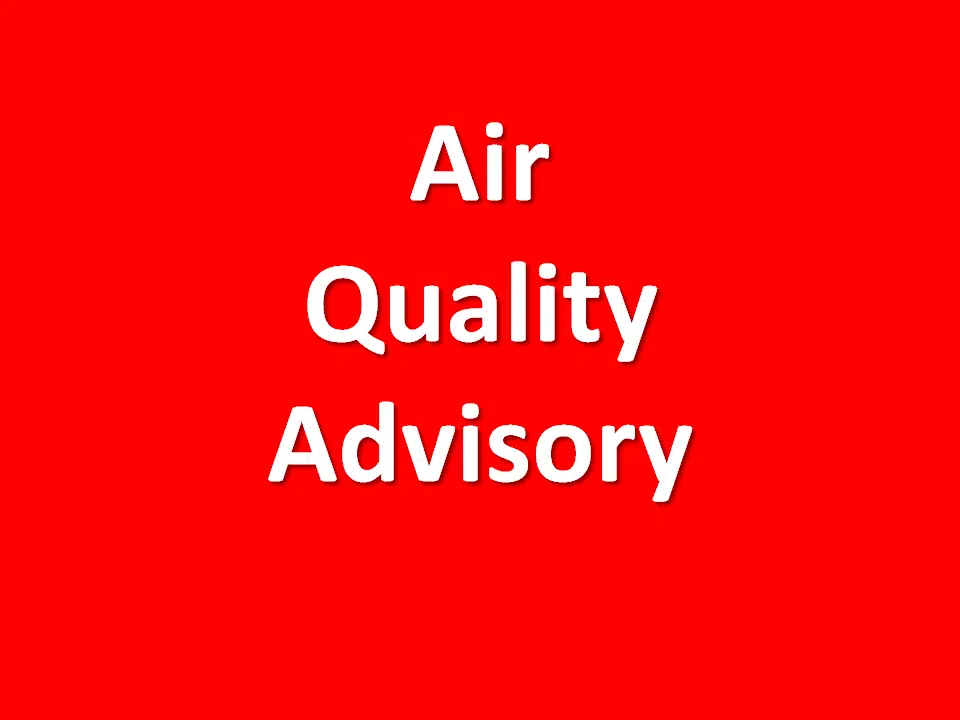The Lincoln-Lancaster County Health Department (LLCHD) has issued a health advisory for sensitive populations because of smoke from agricultural and prescribed burning. Officials said smoke in the air is expected to reach levels that are unhealthy for children, older adults and those with asthma, lung disease, other respiratory conditions or heart disease. LLCHD advises those at risk to reduce strenuous physical activity when outdoors, take plenty of breaks and watch for symptoms such as coughing or shortness of breath. People with asthma should follow their asthma action plans, and have quick relief medicine readily available.
Gary Bergstrom, Air Quality Supervisor for the LLCHD, said south winds combined with widespread burning activity in the Flint Hills area of Kansas on Sunday may result in levels of smoke in the air that are unhealthy for sensitive groups, and that the smoke may linger through the morning hours on Monday.
Bergstrom said when the tiny particles and gases in smoke are breathed into the lungs, they can cause asthma attacks, worsen chronic bronchitis and emphysema, and cause angina (chest pain) in some people with heart disease.
The LLCHD monitors air quality 24 hours a day, and the Air Quality Index (AQI) at lincoln.ne.gov (keyword: air) is updated daily hourly. The Environmental Protection Agency (EPA) also provides an AirNow smart phone application. When the AQI is coded orange, it means the air quality is unhealthy for individuals with higher sensitivity to air pollution.
When air quality is unhealthy, those at risk can further protect their health by staying indoors, keeping windows and doors closed, using a HEPA filter, and using the “re-circulate” setting when using a vehicle air conditioner. Those who experience difficulty breathing, coughing, unusual fatigue, heart palpitations, tightness in the chest, or angina should contact a medical care provider.
For more information on LLCHD, visit health.lincoln.ne.gov.







